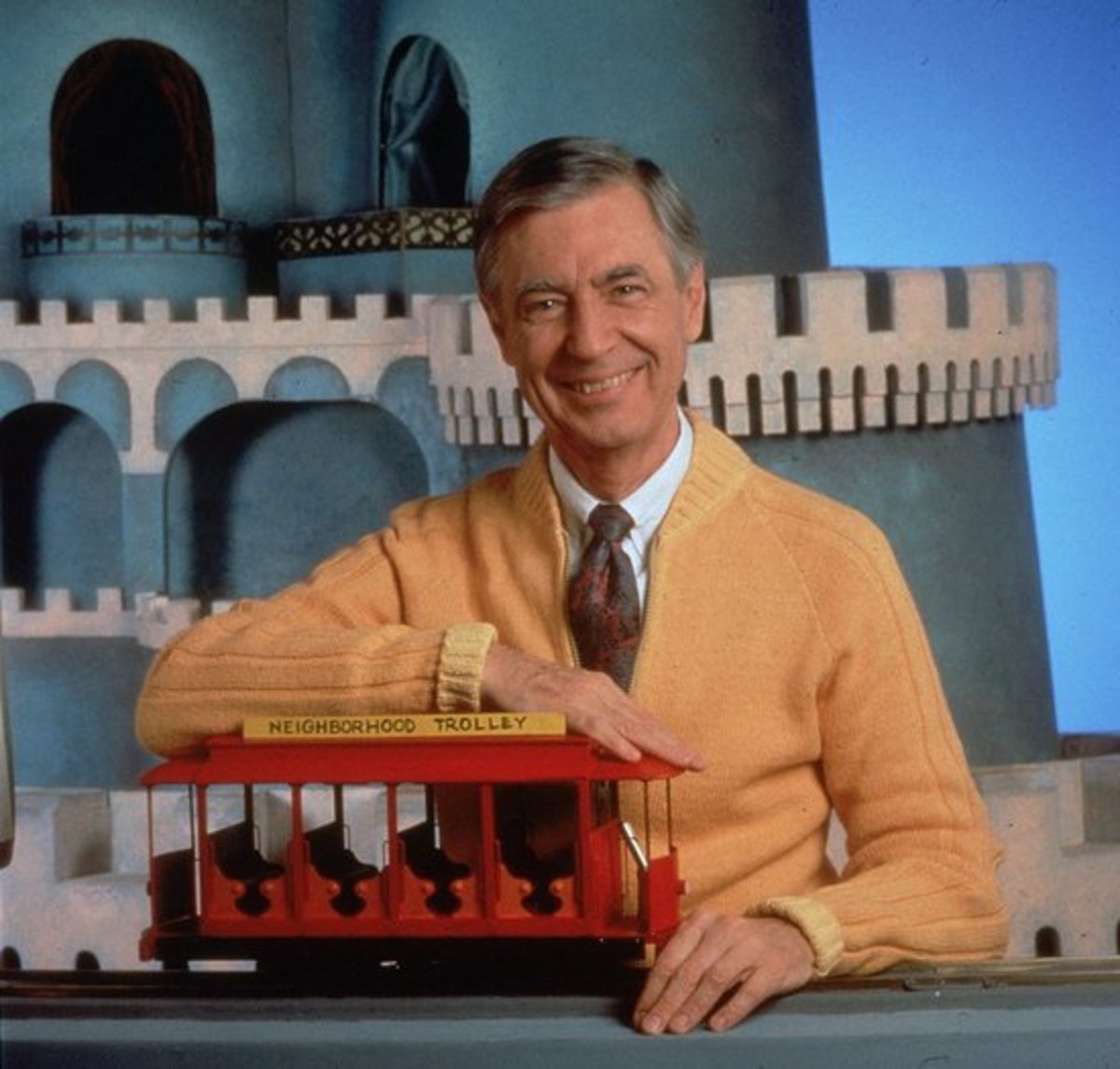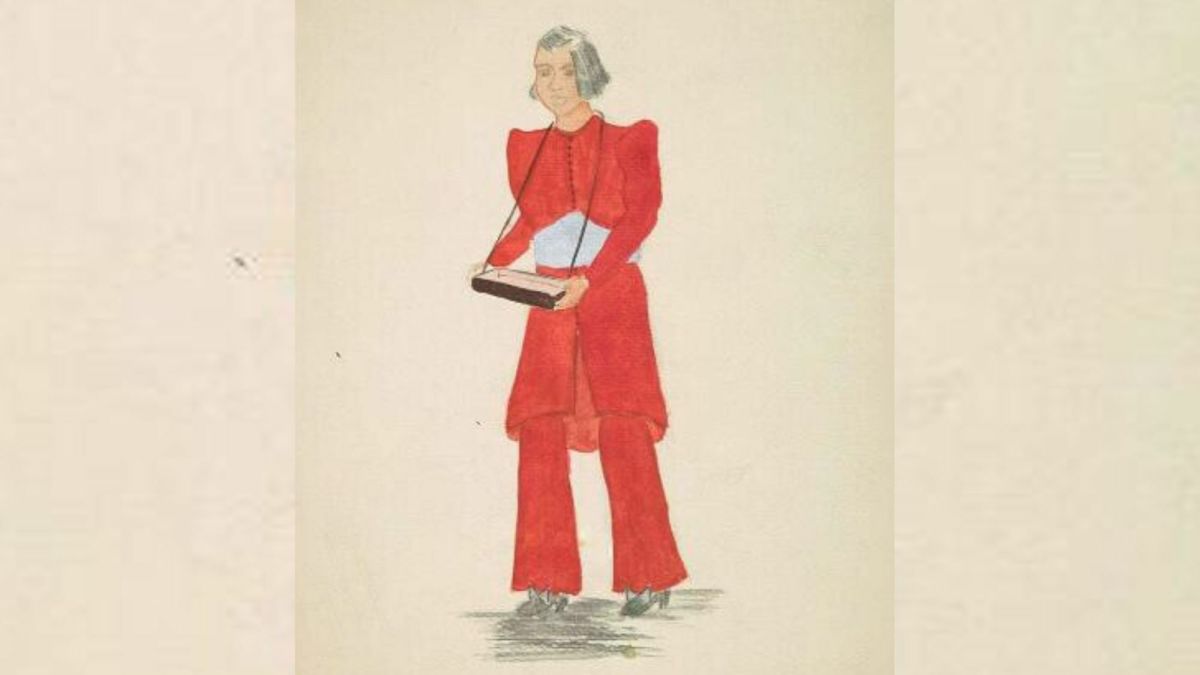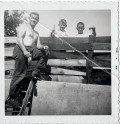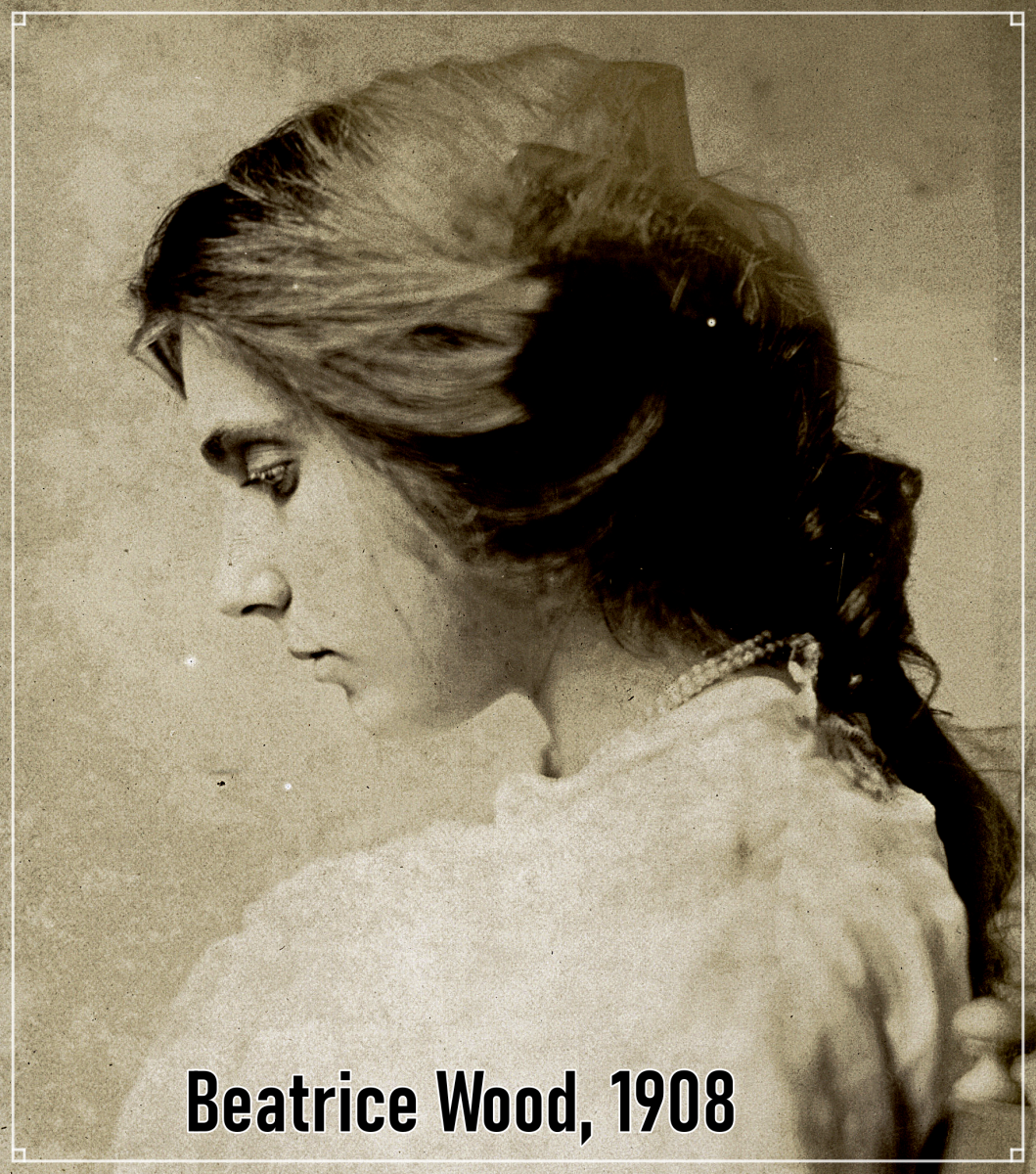Looking At A Quiet Hero: A Beautiful Day In The Neighborhood
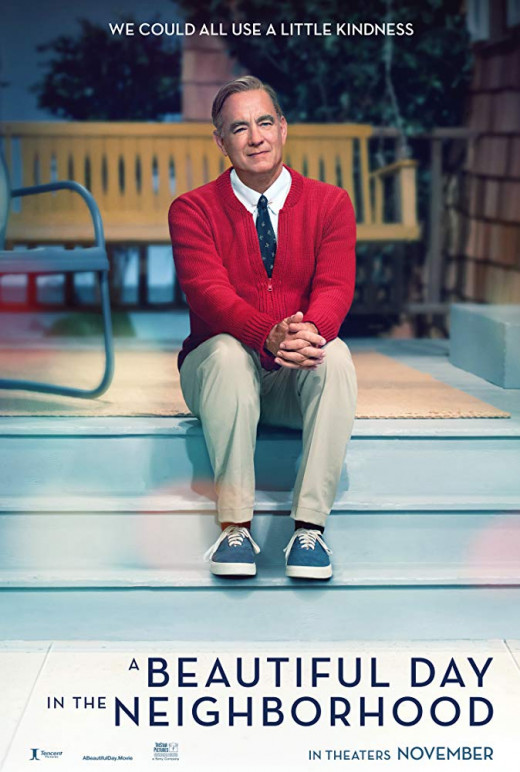
Synopsis
In 1998, an editor as Esquire magazine assigned the writing staff to do brief profiles of people the magazine deemed to be heroes. In A Beautiful Day In The Neighborhood, writer Lloyd Vogel (Matthew Rhys), who has a penchant for alienating the subjects of the pieces, gets assigned the one hero who consented to speak to him. Lloyd's editor, Ellen (Christine Lahti) tells Lloyd his piece will be about Fred Rogers (Tom Hanks), the beloved star of Mister Rogers' Neighborhood. Lloyd arranges to meet with Rogers through Bill Isler (Enrico Colantoni), the head of Rogers' production company based in Pittsburgh. They find that Rogers has delayed the day's filming to give a young visitor as much time as he deemed necessary. After the filming has wrapped, Lloyd gets to interview Rogers, looking to get a different side of the entertainer. As he so often does on camera, Mr. Rogers soon starts asking about the cut he notices on Lloyd's face, which the journalist initially claims came during a softball game.
The truth is that Lloyd's estranged father, Jerry (Chris Cooper) had hit him in a fight. Lloyd wants to keep Jerry out of his life because Jerry had cheated on his dying wife. Now dying himself, Jerry persists in wanting to see Lloyd and his wife Andrea (Susan Kelechi Watson), a lawyer who had recently given birth to the couple's first child. Even a dinner invitation ends badly, as the bad feelings lead to Jerry suffering a heart attack. Instead of staying at the hospital, Jerry returns to Pittsburgh to ask Rogers some follow-up questions. When an exhausted Lloyd collapses on the set, Rogers takes care of him personally. He urges Lloyd to reconcile with Jerry while he still has the time. Meanwhile, the brief profile has grown to a much longer piece.
Evaluation
A Beautiful Day In The Neighborhood draws its inspiration from the article Tom Junod wrote for Esquire in 1998. Though some parts are fictional, I thoroughly enjoyed this look about an interview subject who turns the table on his interviewer. Mr. Rogers shows Lloyd that he lives the lessons he imparts to his viewers and fans. As he does with so many visitors and fans, Fred lets Lloyd know that he is accepted for the man he is, but points out that the Vogel's anger keeps him from seeing more of the good that has come his way. As she did so well in her previous film, Can You Ever Forgive Me?, director Marielle Heller captures the humanity of her subjects, though the main subjects of her previous film were unapologetic con artists. Fred Rogers quietly confronts a skeptic as he always puts his best foot forward. The script from the writing team of Micah Fitzerman-Blue and Noah Harpster cleverly uses elements from Rogers' show to show that the host views this experience as a way to teach a valuable lesson.
Hanks may not look a lot like Fred Rogers, but he captures the essence of Rogers perfectly. He admits to Lloyd to having the full range of human emotions, but he finds ways to channel the negative feelings into positive ones. He also shows that he can place names to people. In one scene, he calls Lloyd's residence, and Andrea answers. Before she hands the phone to her husband, she gets excited when that Mr. Rogers acknowledges her by name. Rhys, who's probably best known for his work on the TV series Brothers & Sisters and The Americans, does well as a journalist who's seems to believe that good people are too good to be true. Try as he might, Lloyd comes to learn that Fred doesn't let negativity define him. Cooper shows his usual capable support as Jerry, a man who wants to make amends Some of the people involved with Mr. Rogers also make a cameo appearance together, including Rogers' widow, Joanne, show producer Margy Whitmer, David Newell, who played the mailman Mr. McFeely, and the real Bill Isler. In addition, screenwriter Harpster has a brief appearance as Lloyd's brother-in-law.
Conclusion
Fred Rogers is now the subject of two films that celebrate his life. The 2018 documentary Won't You Be My Neighbor? focused on Rogers' career in television. A Beautiful Day In The Neighborhood shows that one doesn't have to be a part of the host's target audience to learn lessons about life. I felt I was too old to be a part of his target audience when he made his way to PBS in the late 1960s, and I have never watched his show. Both of these movies have convinced me that I have been missing something special. Through the airwaves, Mr. Rogers made his neighborhood as big as he could, and made viewers feel they were not alone.
On a scale of zero to four stars, I give A Beautiful Day In The Neighborhood 3.5 stars. Can you say, "Thank you, Mister Rogers?"
A Beautiful Day In The Neighborhood trailer
© 2019 Pat Mills


